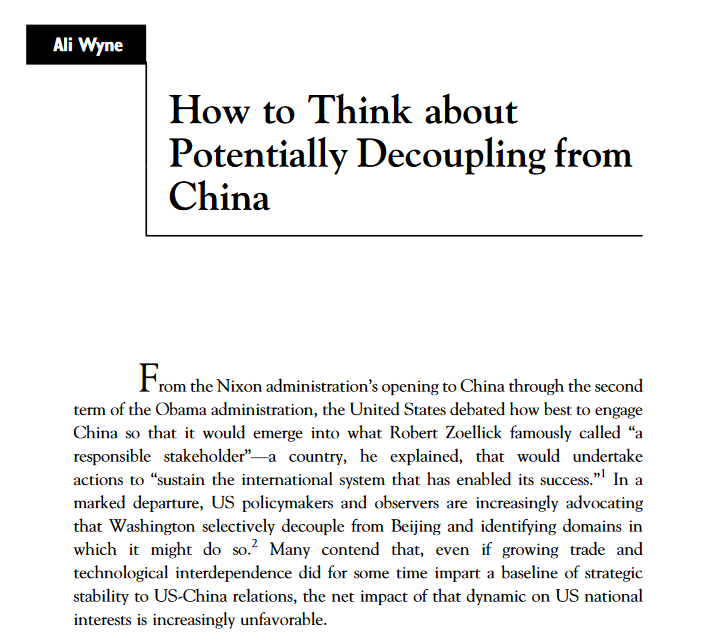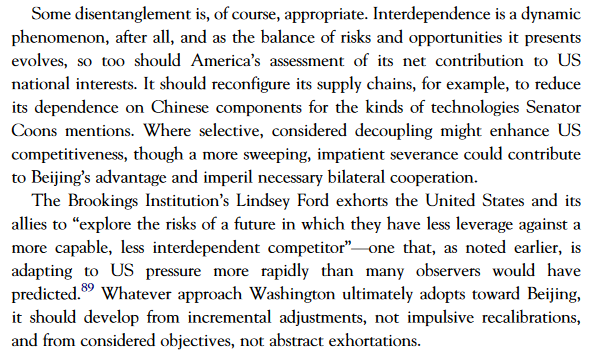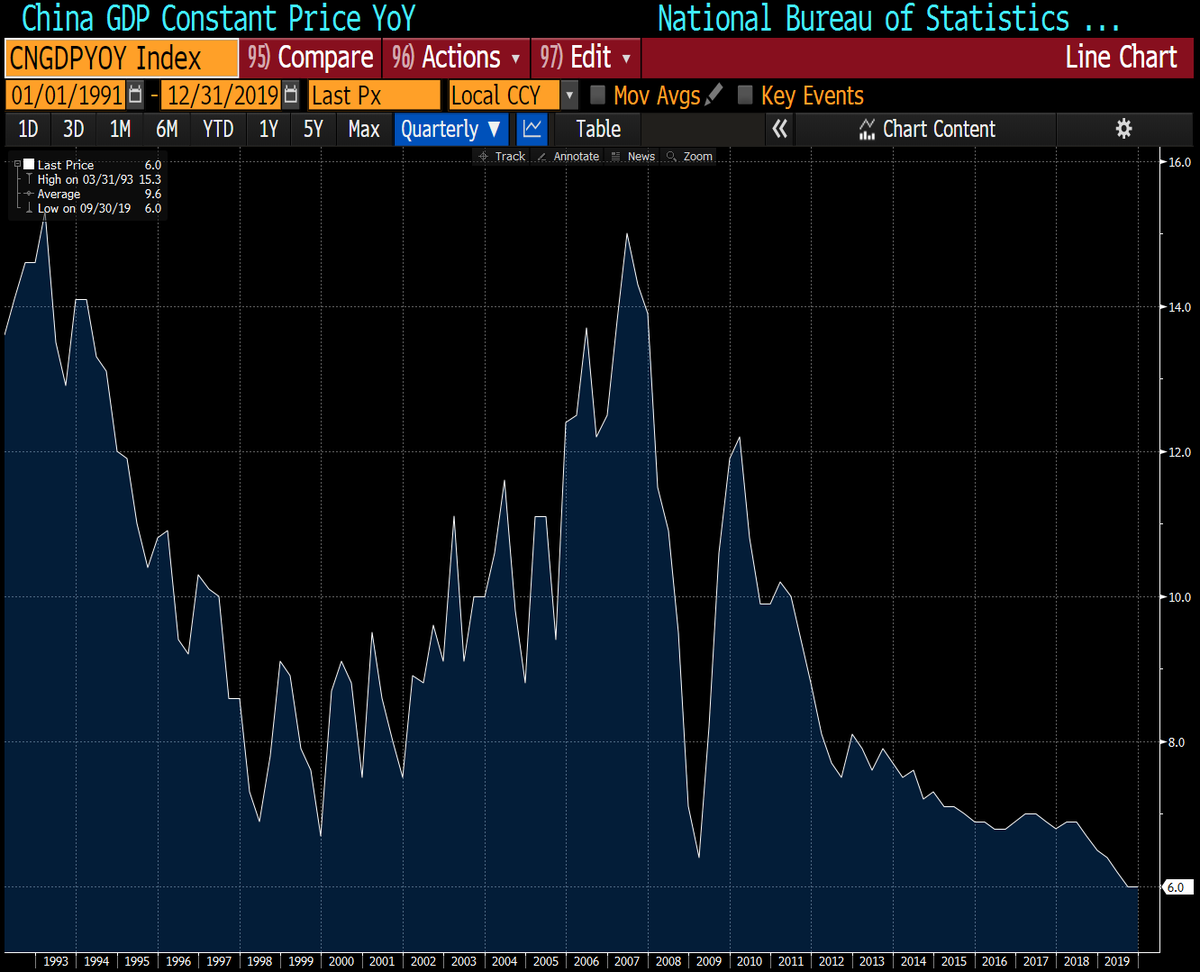cpb-us-e1.wpmucdn.com/blogs.gwu.edu/…
[1/15]

I'm very grateful to @atjlennon for helping me refine my thinking and for permitting me to flesh out my thoughts at length.
[2/15]
[3/15]
[4/15]
[5/15]
[6/15]
#1: How significantly can the United States influence China's economic development on its own?
[7/15]
#3: How likely is a power transition?
#4: Might China's resurgence catalyze U.S. renewal?
[8/15]
I drew on the scholarship and journalism of dozens of individuals, and I'd like to acknowledge them here, in the order in which they appear (omitting those I can't find on Twitter):
[9/15]
For now, I hope you and yours are all staying safe and healthy in these challenging times.
[15/15]





